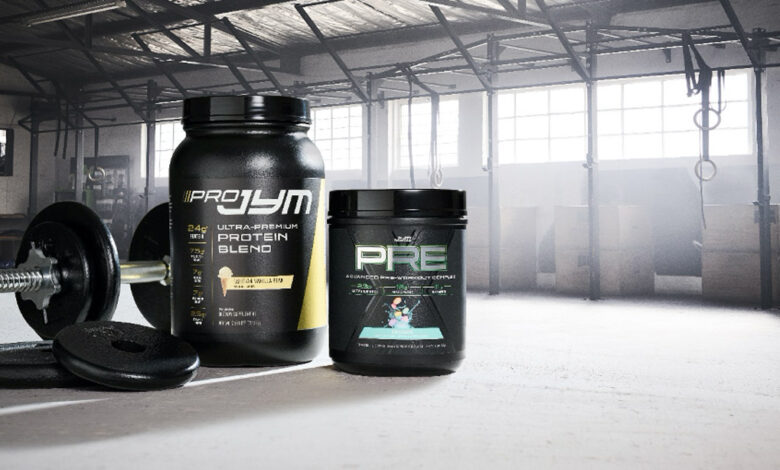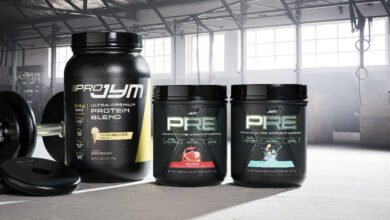3 Reasons You’re Not Seeing Results From Your Training

This is sponsored content. M&F is not endorsing the websites or products listed in this article.
One of the most common complaints I see from my followers is that, despite proper training, nutrition, and supplementation, they’re just not seeing the results they expect to be getting. Why? In a word: Recovery.
Without adequate recovery measures, even the best training and diet plans will fall short. That’s because your body needs the right nutrition, supplementation, and—most importantly—recovery time to make good on the work you’re putting in at the gym. Below, I’ll outline the key factors that can help you identify the need to emphasize recovery, and ways to promote complete recovery for your best possible results.
Training
Obviously, if you’re not working out with enough training intensity and exercise volume, you won’t achieve measurable results. However, if you push yourself too hard, too often, without enough rest days, your progress will stall. Your goal should be to strike the right balance of training stress and rest, which over time maximizes results no matter what level of experience you have. Following one of my proven programs, you’re likely to notice the emphasis I place on active rest days. This is why I emphasize active rest days on the proven training programs I design. These are essentially deloading days, where you exercise each muscle group just enough to get blood pumping through the muscle groups you’ve trained during the week. This will not only help flush out waste from the week’s training but also speed nutrients to where they’re sorely needed—which brings me to the next component of optimal recovery…
Nutrition
If you’re remotely familiar with resistance training, you know it takes a proper diet to fuel your workouts. However, some fail to realize that nutrition is just as important to recovery as it is to actual performance. By ensuring you’re taking in an appropriate amount of nutrients—particularly protein—you’re giving your body what it needs to address the toll training can take on it, and providing it with an ample supply of the building blocks that lead to bigger, stronger muscles.
You really should be shooting for at least 1 gram of protein per pound of bodyweight everyday — and preferably 1.5 grams per pound. If you’re having a hard time getting that through meat and eggs and other foods, take a few scoops of protein powder every day to hit your protein needs. At any The Vitamin Shoppe® store or vitaminshoppe.com, you can find all three of my protein powders: Pro JYM, Iso JYM, and Plant JYM.
Supplementation
There are always those who will insist that a balanced diet is sufficient for an active lifestyle, but research in the lab as well as the gym suggests otherwise. By supplementing during non-training days, you’re adding additional potential for recovery with recommended ingredients like amino acids, beta-alanine, betaine, and creatine, all of which not only help combat fatigue from a solid week’s training but also help to shorten recovery time, which means you can get better results and be primed for the workouts that lie ahead of you.
The Bottom Line on Recovery
Too many people make the mistake of training excessively and haphazardly without giving themselves adequate recovery time, nutrition, or supplementation, only to see a lack of results in the end. By making sure you’re addressing these key factors on non-training days, not only will your progress be much more noticeable, but your overall performance over time will also benefit in ways that can only help your performance and boost results even further.
This content provided by our partners at PRO JYM.




